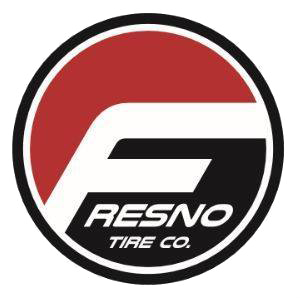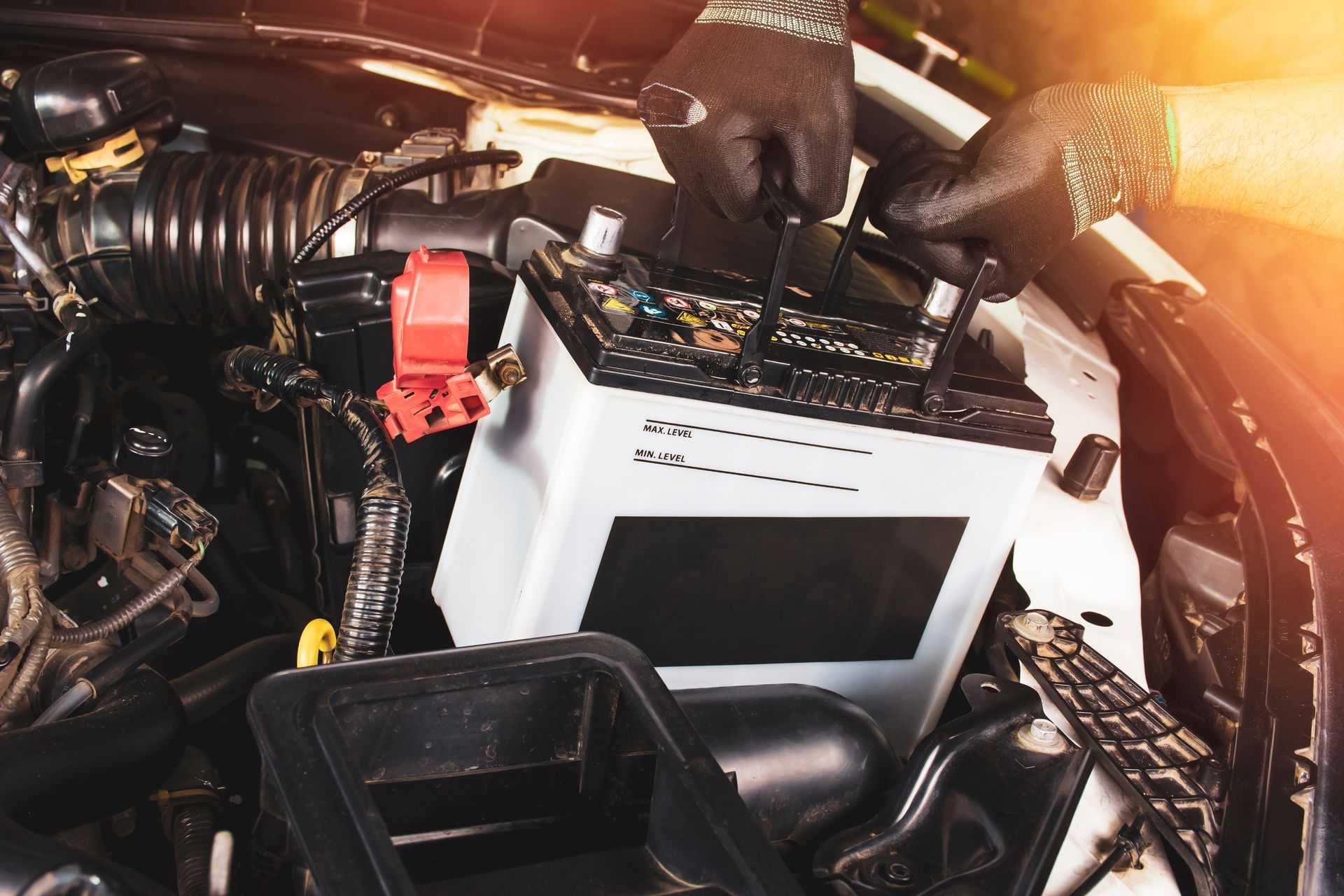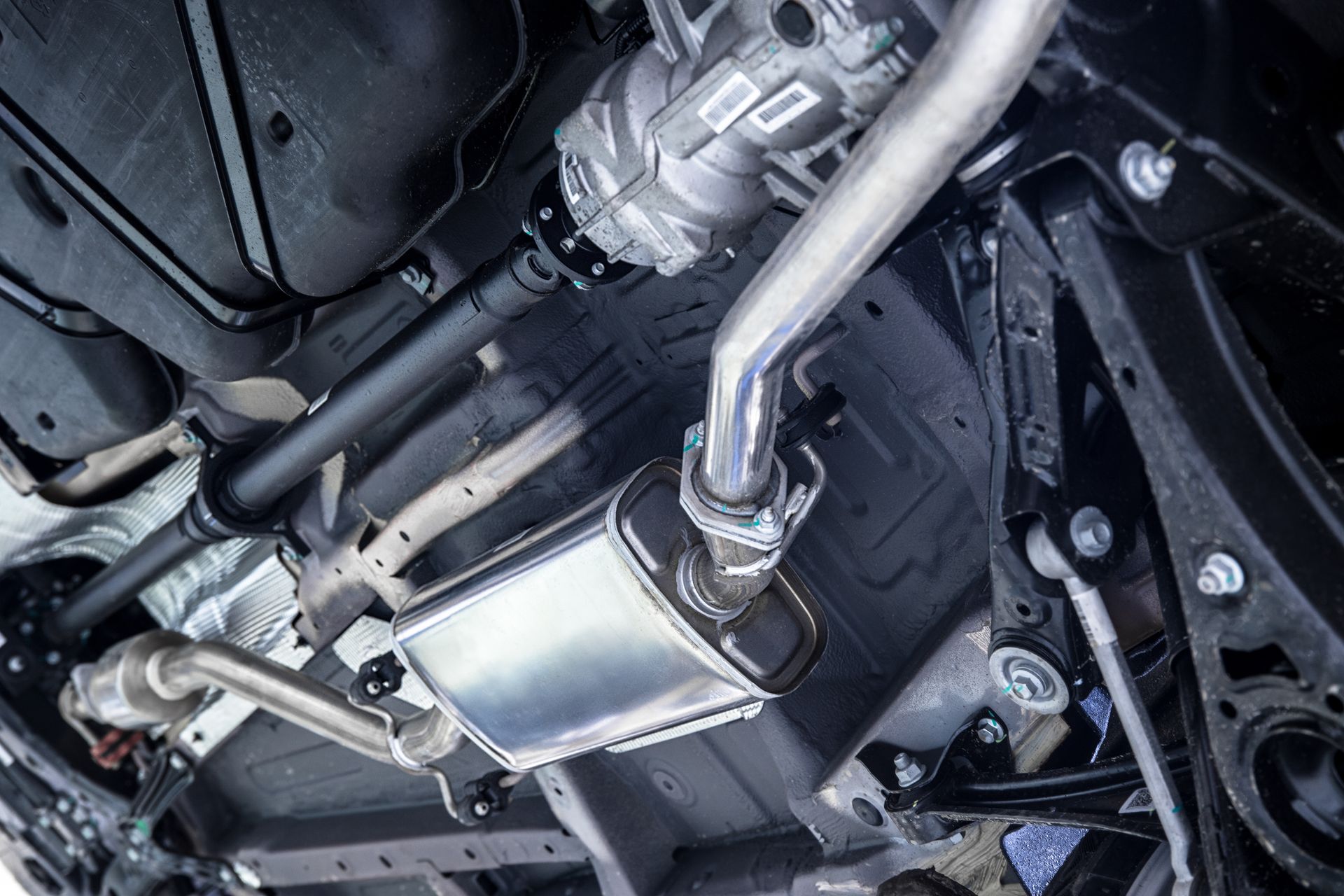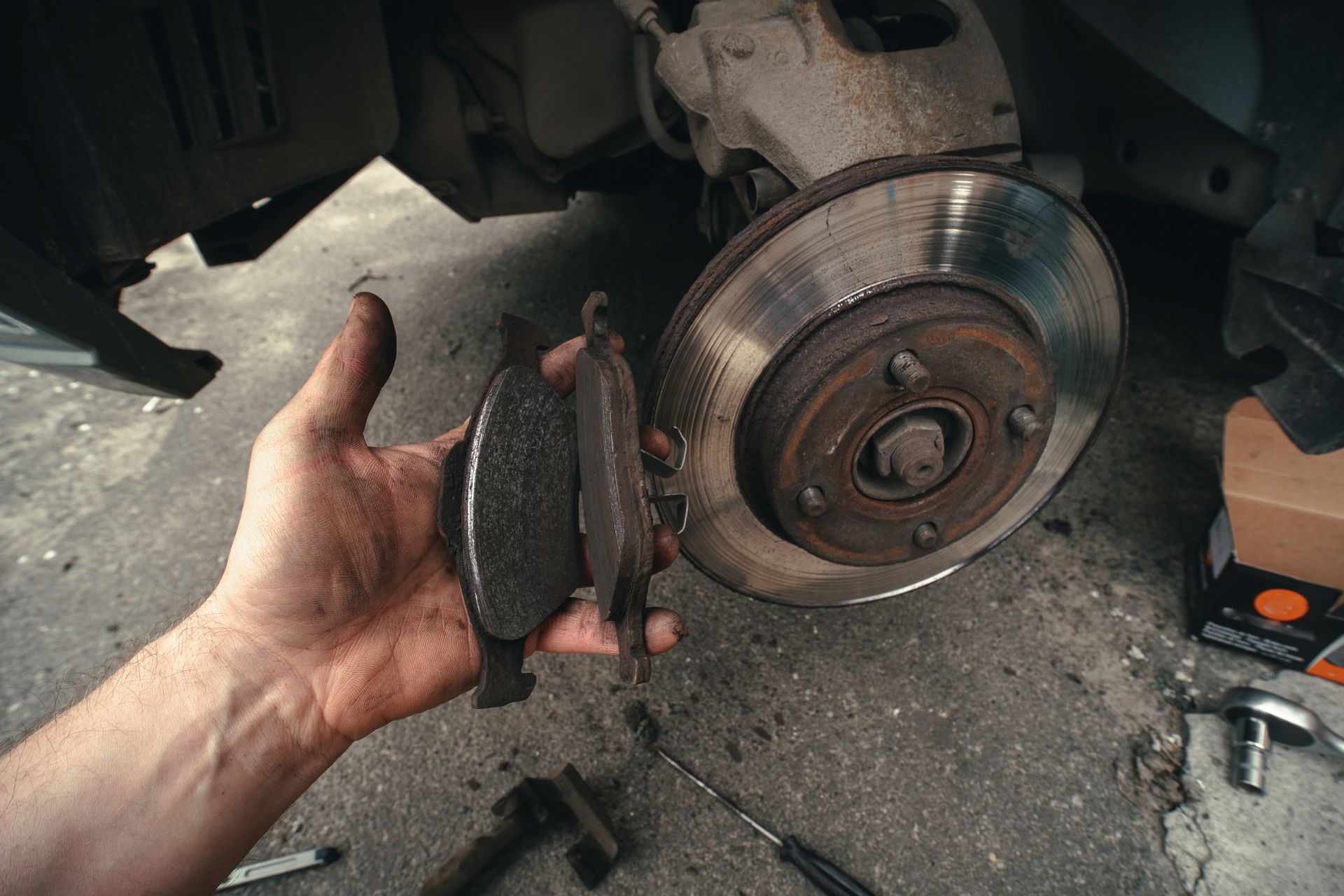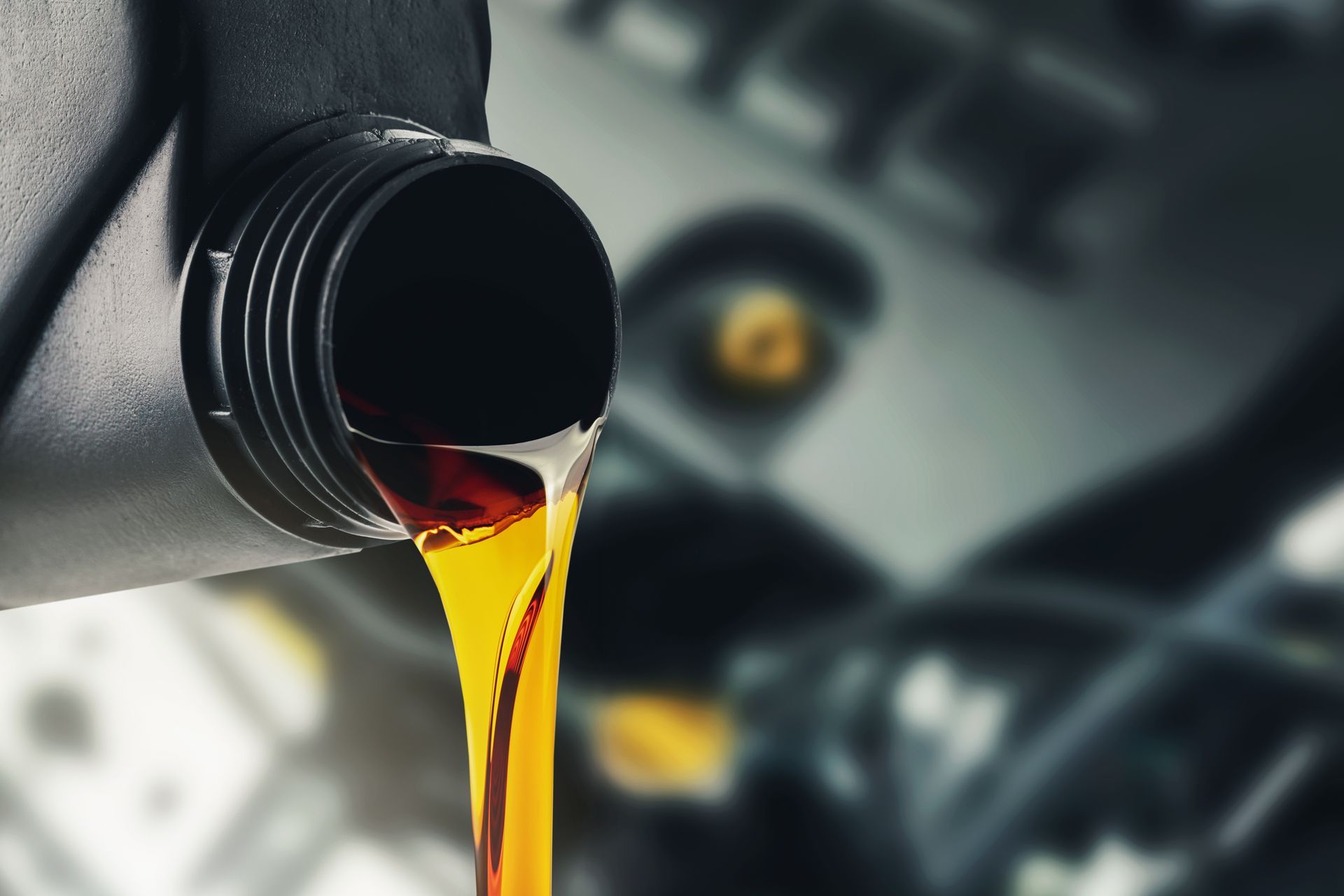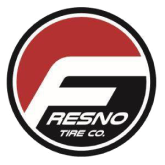Are Tires Covered Under Warranty? Here's What You Need to Know
Buying new tires is a big investment. Whether you're driving through downtown Fresno or heading out to the foothills, you want to know your tires will last. But what happens if something goes wrong? Are your tires covered under warranty?
The answer isn't always straightforward. Tire warranties can be confusing, and many drivers don't understand what's covered and what isn't. Let's break down everything you need to know about tire warranties so you can make smart decisions for your vehicle.
What Are Tire Warranties?
Tire warranties are promises from manufacturers that their products will perform as expected. Most tire companies offer warranties to protect customers from defects and premature wear. However, not all warranties are the same.
There are typically three main types of tire warranties:
Manufacturer's Warranty covers defects in materials and workmanship. If your tire has a manufacturing problem, the company will usually replace it for free or at a reduced cost.
Road Hazard Warranty protects against damage from things like nails, glass, or potholes. This type of coverage is especially valuable in Fresno, where construction zones and road debris are common.
Tread Life Warranty guarantees your tires will last a certain number of miles. If they wear out faster than promised, you may get a credit toward new tires.
What's Usually Covered?
Most tire warranties cover manufacturing defects like:
- Separation of tread from the tire body
- Cracking in the sidewall due to poor materials
- Uneven wear caused by tire construction problems
- Air loss from faulty valve stems or bead construction
Road hazard warranties might cover:
- Punctures from nails or screws
- Cuts from sharp objects
- Impact damage from potholes or curbs
What's NOT Covered?
Understanding what warranties don't cover is just as important. Most tire warranties exclude:
Normal Wear and Tear - Tires naturally wear down over time. Even premium brands like Michelin and BFGoodrich (which we carry at Fresno Tire Co.) have limits on what they'll cover.
Improper Use - Racing, overloading your vehicle, or driving on tires with low air pressure can void your warranty.
Neglect - Failing to rotate your tires, maintain proper alignment, or keep them properly inflated can eliminate coverage.
Environmental Damage - Cracking from UV exposure or ozone damage typically isn't covered, though this is less of a concern in Fresno's dry climate compared to coastal areas.
How Long Do Tire Warranties Last?
Warranty periods vary by manufacturer and tire type. Most warranties last between 40,000 and 80,000 miles, but some high-performance tires have shorter coverage periods. The warranty clock starts ticking from the date of purchase, not when the tires are manufactured.
It's worth noting that many warranties are prorated. This means if your tires fail halfway through the warranty period, you might only get 50% credit toward new tires, not a full replacement.
Tips for Maximizing Your Tire Warranty
Keep Your Receipts - You'll need proof of purchase to make a warranty claim. Store them in a safe place or take photos for your records.
Follow Maintenance Requirements - Most warranties require regular tire rotations, proper inflation, and wheel alignments. Keep records of this maintenance.
Inspect Your Tires Regularly - Catching problems early can prevent them from getting worse and potentially voiding your warranty.
Understand the Terms - Read the fine print so you know exactly what's covered and what you need to do to maintain coverage.
Why Professional Installation Matters
Where you buy and install your tires can affect your warranty coverage. Many tire manufacturers require professional installation to maintain warranty protection. DIY installation or having tires mounted at non-certified shops might void your coverage.
At Fresno Tire Co., our ASE-certified technicians ensure your tires are installed correctly and help you understand your warranty coverage. We've been serving the Fresno community since 2001, and we know how important it is to protect your tire investment.
Making the Most of Your Tire Investment
Fresno's hot summers and varied driving conditions can be tough on tires. From the stop-and-go traffic on Highway 99 to weekend trips to the Sierra Nevada, your tires work hard. Understanding your warranty helps you get the most value from your purchase.
Remember that even the best warranty won't help if you don't take care of your tires. Regular maintenance, proper inflation, and prompt attention to problems will help your tires last longer and perform better.
Need Help with Your Tires?
If you're shopping for new tires or have questions about your current tire warranty, the experts at Fresno Tire Co. are here to help. We carry top brands like Michelin, BFGoodrich, and Uniroyal, and we'll help you understand exactly what coverage you're getting.
Whether you need a simple tire rotation, have concerns about unusual wear patterns, or want to explore your warranty options, our experienced team can provide the honest, transparent service you deserve.
Give us a call at (559) 762-4441 or stop by our shop at 6632 N Blackstone Ave to learn more about protecting your tire investment.


